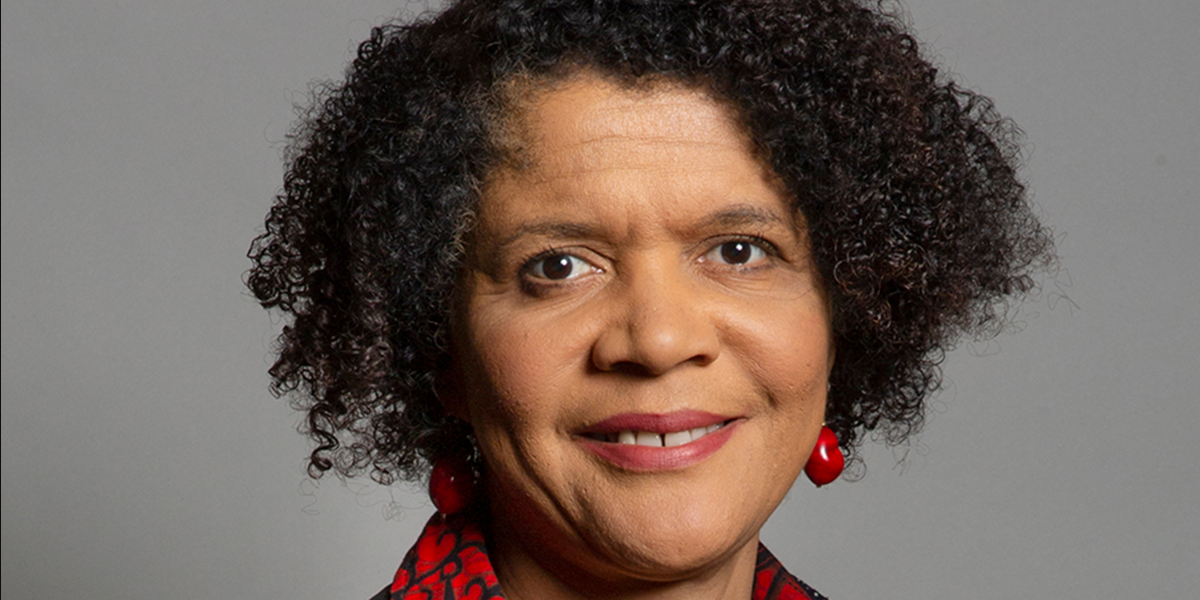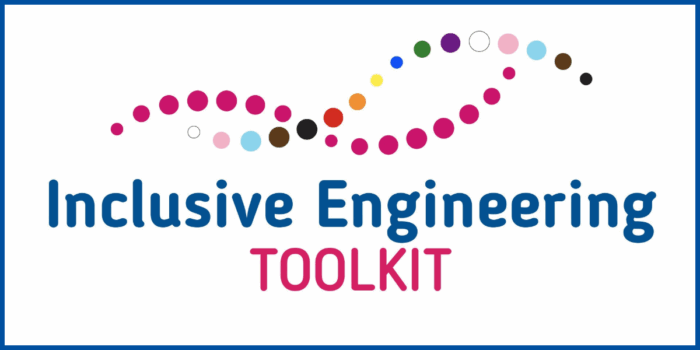In case you missed it, here is a short summary of Chi Onwurah MP’s speech from the EPC’s Congress 2021 webinar series.
A recording of the event is available at here.
Chi began her speech by recounting that she entered politics for the same reason she entered engineering – “to make the world work better for everyone.” She is also proud to be an MP, Shadow Minister for Digital Science & Technology and a Chartered Electrical engineer with over twenty years of experience. Her engineering degree has “taken [her] all over the world” and has helped her with policy decisions in Government, such as HS2 and Broadband deployment.
However, although she was proud to be an engineer, Chi spoke honestly about the difficulties she faced with her engineering professors. Having been taught “in an environment replete with racism and misogyny”, Chi was thankful that the “engineering departments of today are different.” Even so, she noted that many women engineering students “still report widespread bullying and harassment.”
One of Chi’s main topics was a discussion centred on the ethics of engineering. Speaking about her own personal experiences within the field of Communications Technology, she has seen it develop from “boring but useful” to “exciting but exploitative.” Engineering departments should be asking “what responsibility do engineers have?” when engineering is involved in ethical topics. There is too much of an “underlying assumption” that engineering is a “purely technical, objective” discipline, despite it taking place in a “political, regulatory and ethical framework.”
Drawing again on her own experiences, Chi has seen first-hand “the consequences of decades of oil extraction,” while working in Nigeria. She also paid tribute to the various engineering professional bodies and the importance of creating an “ethical framework and values to address the harm as well as the good [that] engineering does.”
Diversity and inclusion within engineering was another important topic of discussion. Chi recalled that when she entered Imperial College in 1984, “12% of Engineering students were women.” Shockingly, almost forty years later, the figure has reached 14%. At a rate of half a percentage point per decade, it would “take until 2741 to reach gender parity.” Speaking frankly, Chi noted that “Diversity is not an optional add-on. It is an economic imperative.” It is essential that we “[make] use of the talents of everyone” in order to “build a more prosperous economy.” We must also remember that low participation in engineering cannot be blamed on women and minorities. “The sector has to own the issue, the challenge and the solutions.” As part of this, the ‘Equity in STEM Education Report’ was launched last year by the All-Party Parliamentary Group for Diversity and Inclusion in STEM (chaired by Chi). Although the report focused on schools, Chi felt that much of it could be applied to higher education.
Indeed, the Government must provide “more support and incentives for diversity and inclusion” as well as ensuring access to STEM education “for those currently excluded.” The COVID Schools Catch-up Plan could have been an opportunity for this, unfortunately the funding for it is “totally insufficient.” There is a major skills shortage in Engineering, and the age profile of engineers and technicians “means it’s getting worse.” In the future, Net Zero technology could be used to “drive the next generation of British exports.” Investment into “sustainable manufacturing methods and engineering” could be a crucial tool in developing “a new industrial economy whilst safe-guarding our planet.” This presents an opportunity “that will inspire and forge a new type of engineer.”




